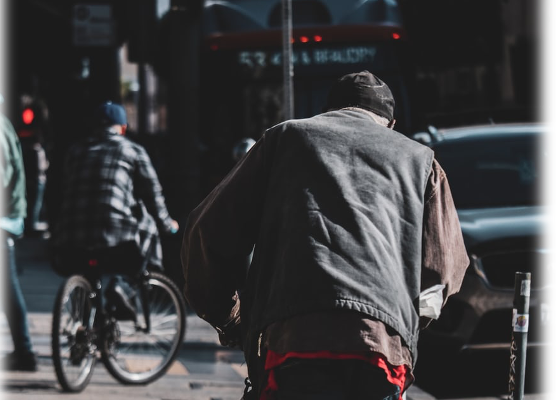ABOUT INTERACT
- INTERACT DIRECTORY
COMMUNITY
TAKE ACTION

HOMELESSNESS: Describes the condition of people without a regular dwelling. People who are homeless are most often unable to acquire and maintain regular, safe, secure, and adequate housing, or lack “fixed, regular, and adequate night-time residence”. The legal definition of “homeless” varies from country to country, or among different entities or institutions in the same country or territory.
Note:
Additional variants of homelessness are also covered in other Activity Boxes of this Toolkit.
Contribution:
Homeless people can face the same forms of social exclusion as asylum seekers and refugees. The benefits provided by Sport programmes and events are vast:
International endorsement
European Parliament resolution on tackling homelessness rates in the EU:
Homelessness is […] one of the most severe forms of poverty and deprivation that needs to be abolished by targeted and integrated policies. By 2030, EU and its member states should aim to stop homelessness. Much advocacy is required to decriminalise homelessness. (45)
The need for a holistic and structural approach that addresses all kind of underlying issues.
Focus on personal self-development
Other Tips
The Homeless Games
More information:
Event Site Homeless Games 2019. Click Here